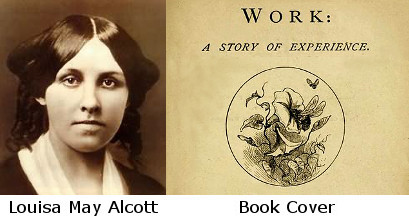Isaac Asimov? Gordon Rattray Taylor? Alexander Fleming? Archimedes? Anonymous?

Question for Quote Investigator: The famous phrase uttered by an inventor or scientist when making a major discovery is “Eureka!” That was the cry of the ancient Greek sage Archimedes. Yet, a clever contrarian has asserted that the remark preceding a breakthrough reflects surprise and uncertainty such as:
“That’s odd.”
“That’s funny.”
“Hey, wait a minute.”
Scientific advances occur when anomalous observations are further scrutinized. This observation has been credited to the prominent science fiction writer Isaac Asimov, but I have never seen a solid citation; hence, I have become skeptical of this ascription. Would you please explore this topic?
Reply from Quote Investigator: The earliest strong match known to QI appeared in a message posted to the Usenet discussion system in 1987. The message was part of a source code listing of a computer program called “fortune” which was part of the installation of the popular UNIX operating system. The program “fortune” was inspired by the notion of a fortune cookie.
When the program was run it displayed one item from a large collection of sayings and quotations that was kept in a simple database file. The quotation below appeared in a version of the program that was distributed on June 3, 1987. Boldface added to excepts by QI:1
The most exciting phrase to hear in science, the one that heralds new discoveries, is not “Eureka!” (I found it!) but “That’s funny …”
— Isaac Asimov
Asimov died in 1992, so the words were ascribed to him while he was alive; however, the data in the “fortune” program did not provide a citation.
Researchers have been unable to find this statement in the writings of Asimov. For example, Steven Cooper published a comprehensive bibliography of Asimov in 2023 which includes the following commentary:2
It is also worth noting that there are several frequently appearing quotes whose attribution to Asimov is doubtful if not actually spurious. One in particular – The most exciting phrase to hear in science, the one that heralds new discoveries, is not “Eureka!” (I found it!) but “That’s funny…” – was encountered over and over again during the research for this bibliography. However, not one of its many dozens of appearances gives any indication of an original source, and no trace of it has been found in the large proportion of Asimov’s writing that I have been able to examine.
Below are additional selected citations in chronological order.
Continue reading “Quote Origin: The Most Exciting Phrase in Science Is Not ‘Eureka!’ But ‘That’s Funny’”


